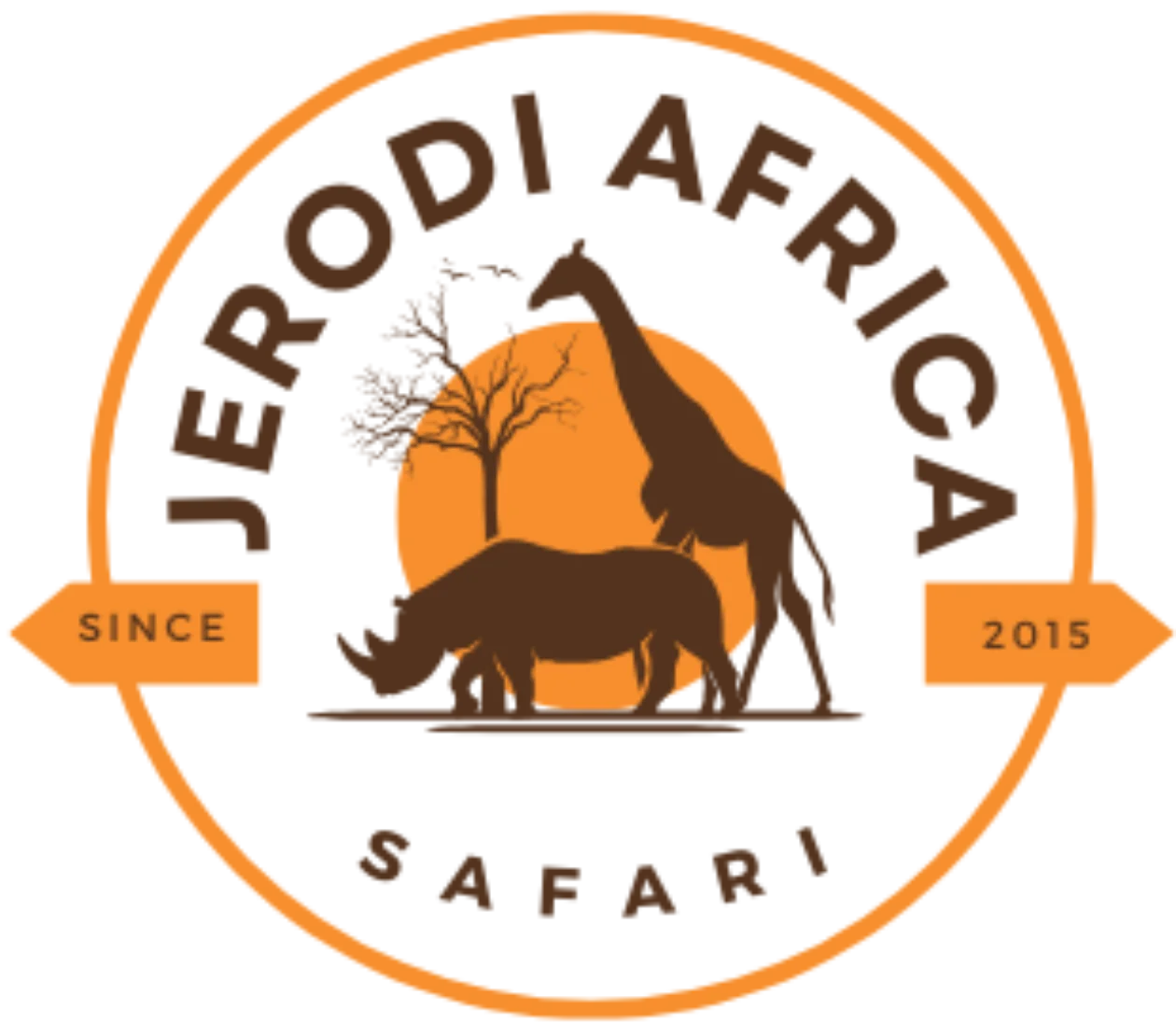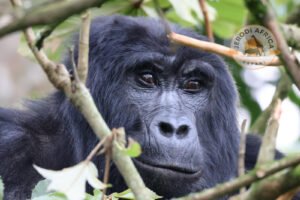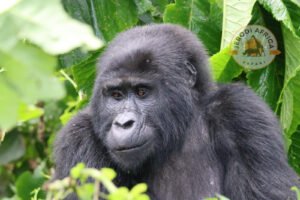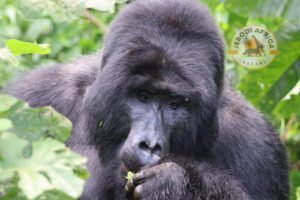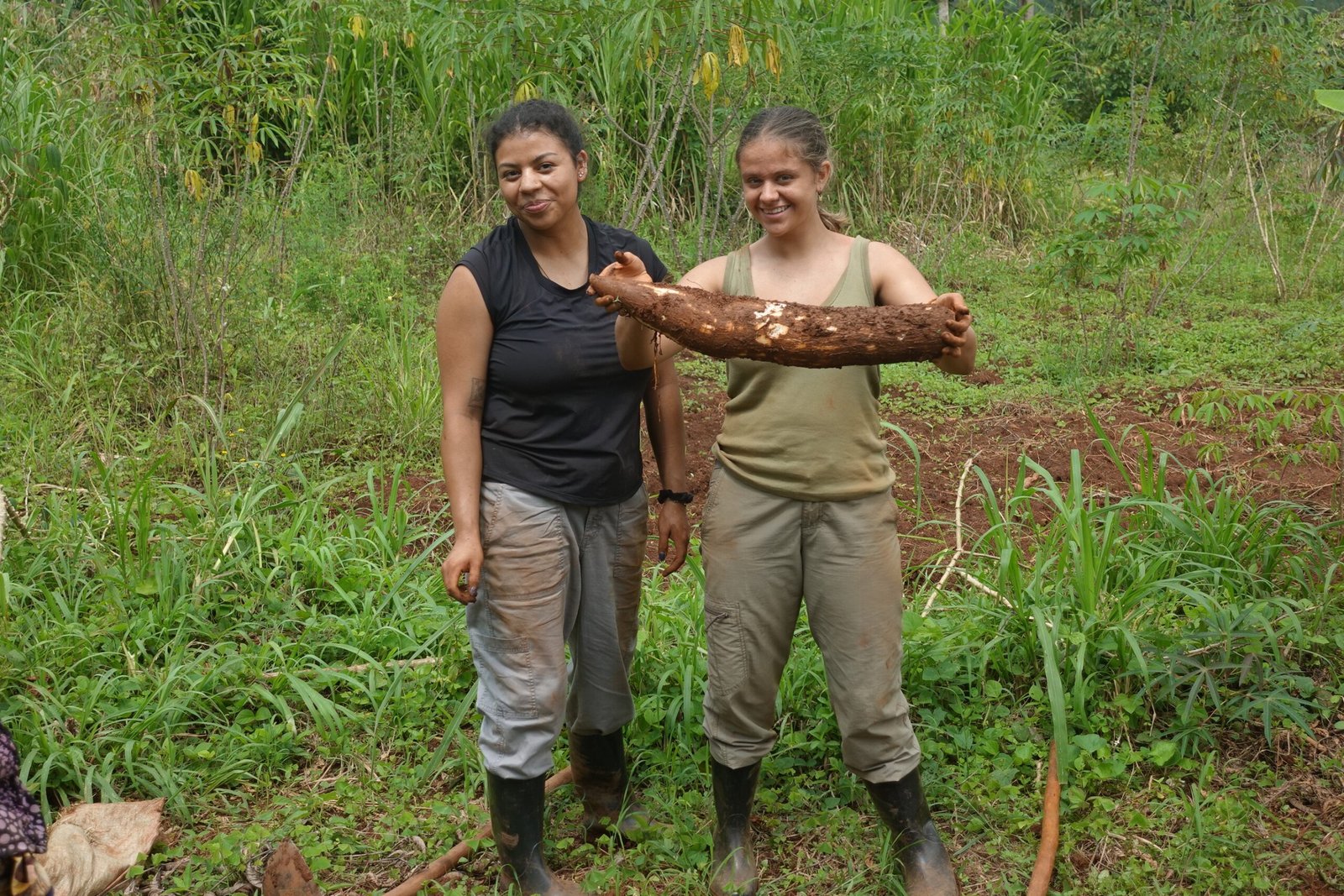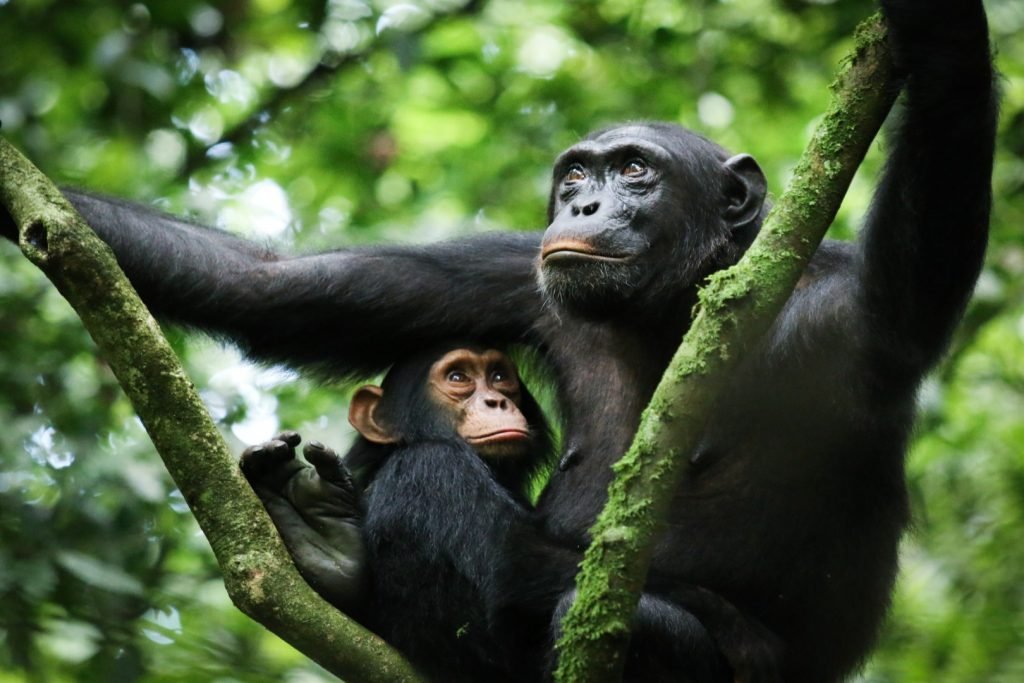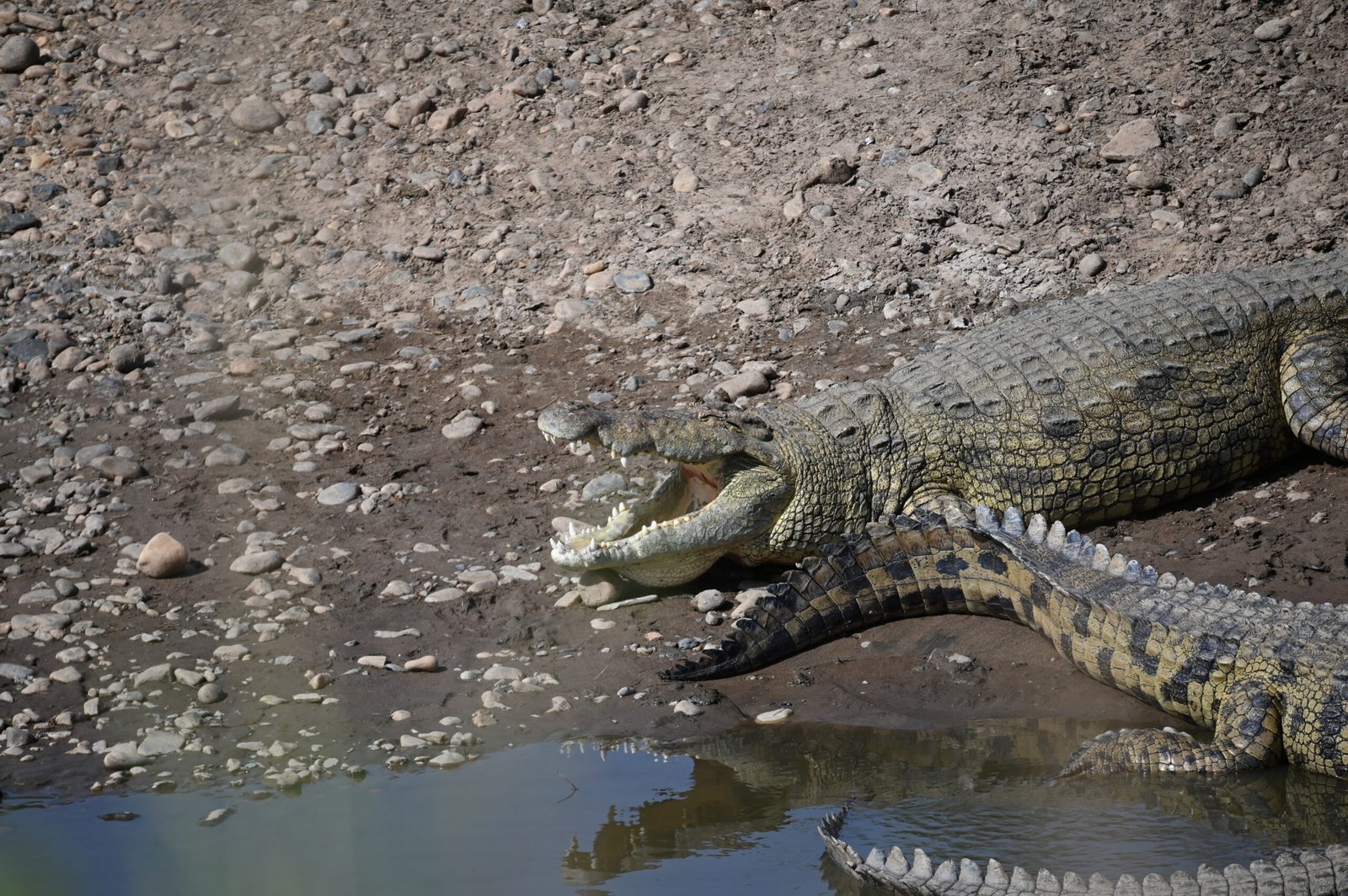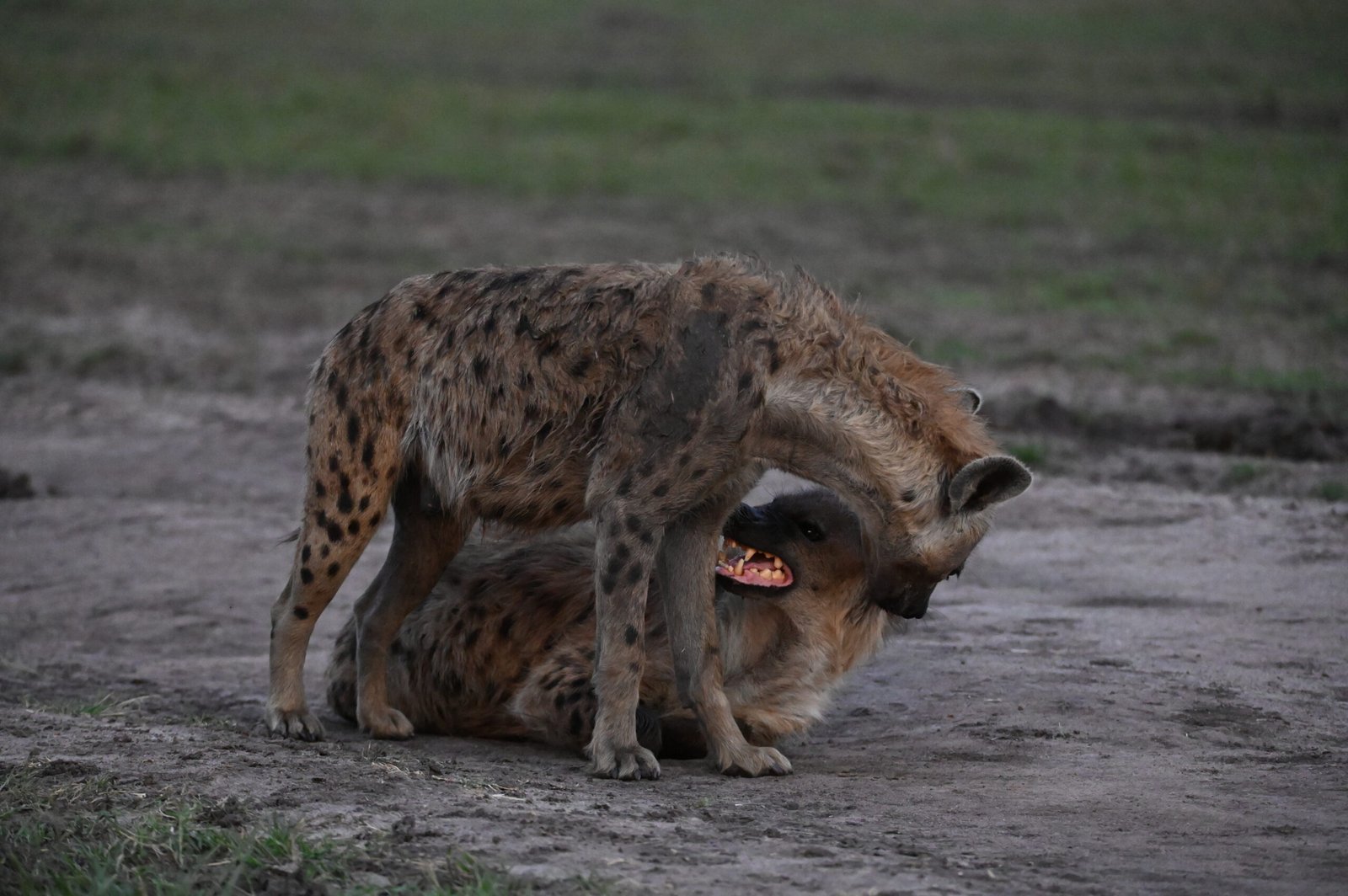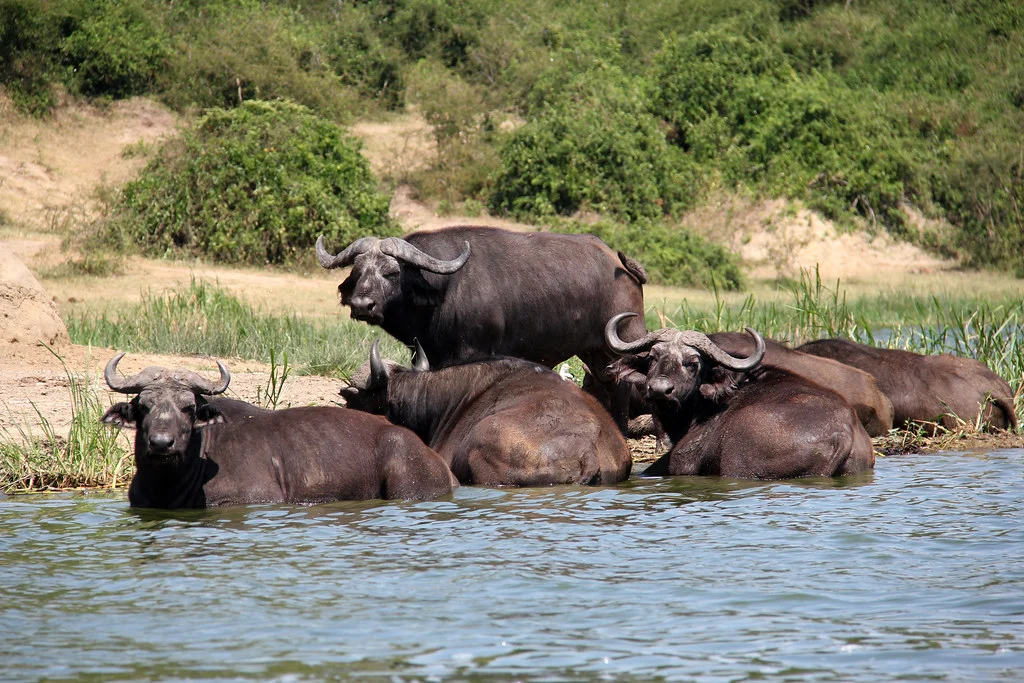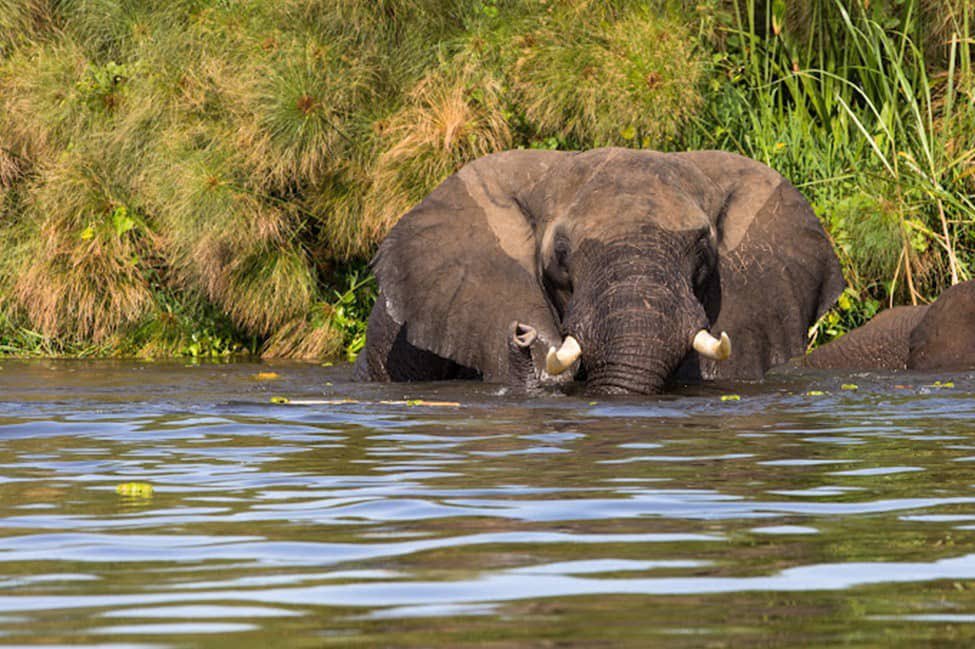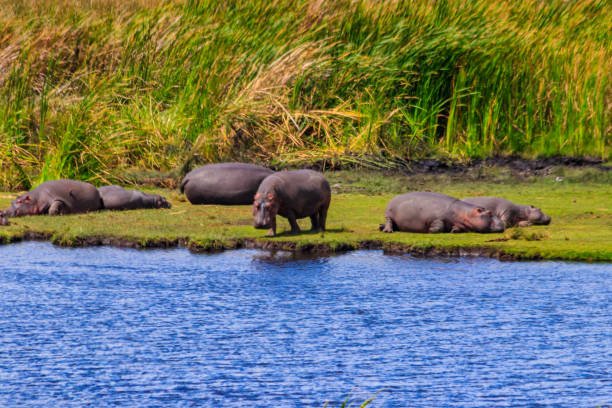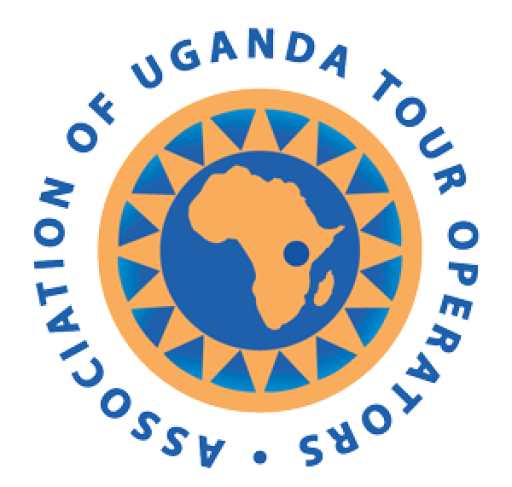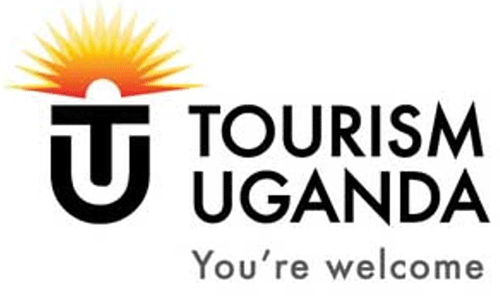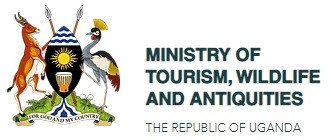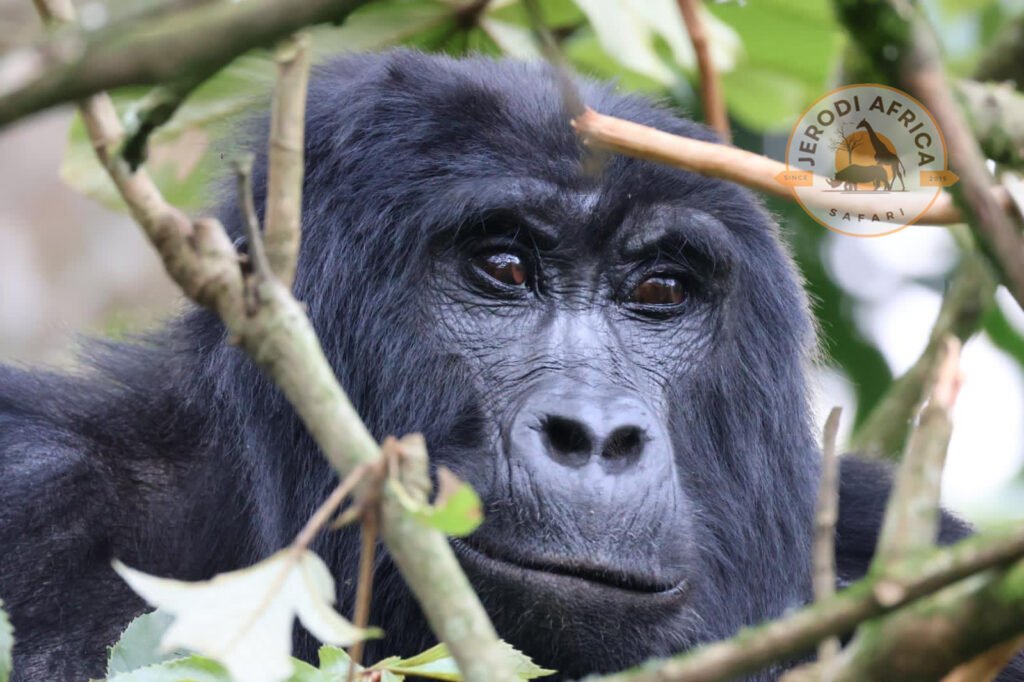
Introduction: Why Planning an African Safari Matters
An African safari is a dream for many travelers. But planning such an adventure raises many questions. How much does it cost? What are the visa and vaccination requirements? When is the best time to go? What should you pack? Is it safe? This African Safari Planning Guide answers all these questions in detail.
Whether it’s a luxury experience in Kenya, a gorilla trek in Uganda, or a wildebeest migration in Tanzania, proper preparation makes the journey smooth and stress-free.
1. African SafarAfrican Safari Planning Guide – Cost and Budget Tips
How much does an African safari cost?
The cost of an African safari varies based on location, accommodation type, and activities. On average:
- Budget Safaris: $150 – $250 per day
- Midrange Safaris: $300 – $500 per day
- Luxury Safaris: $600 – $1,500+ per day
Permits for activities like gorilla trekking in Uganda or Rwanda can cost between $800 and $1,500 per person. Flights, park entry fees, and tips should also be included in your budget.
Tip: Booking early often gives you better prices and more choices. Traveling in the low season can reduce costs while still offering great wildlife viewing.
2. Visa and Vaccination Requirements for an African Safari
Do you need a visa for an African safari?
Most African countries require a visa. For example:
- Kenya & Tanzania: Electronic visas (e-visas) are available online.
- Uganda: Single entry visa costs around $50.
- East Africa Visa: Covers Kenya, Uganda, and Rwanda for about $100.
Always check the latest requirements with official government websites.
What vaccinations are needed for an African safari?
Vaccination requirements depend on your destination. Common ones include:
- Yellow Fever: Mandatory for most African countries.
- Hepatitis A & B
- Typhoid
- Tetanus
- Malaria prevention: Anti-malarial medication is recommended.
3. Best African Safari Destinations for Your Trip
Tourists often wonder where to go. Each destination offers unique experiences.
Kenya
Home to the Maasai Mara and the Great Migration. Best for big cats and vast savannas.
Tanzania
Serengeti and Ngorongoro Crater make Tanzania perfect for classic safaris and the migration.
Uganda
Ideal for gorilla trekking in Bwindi and chimpanzee tracking in Kibale.
Rwanda
Known for luxury gorilla trekking in Volcanoes National Park.
Botswana
Okavango Delta offers unique water-based safaris.
South Africa
Kruger National Park is famous for self-drive safaris and Big Five sightings.
4. Best Time to Go on an African Safari Adventure
Timing is key for an African safari.
- Dry Season (June–October): Best for wildlife viewing. Animals gather around water sources.
- Green Season (November–May): Fewer crowds, lush landscapes, and discounted rates. Best for birdwatching and photography.
Great Migration Timing:
- July to September in Kenya’s Maasai Mara.
- December to March in Tanzania’s Serengeti.
5. What to Pack for an African Safari – Essential Guide
Packing right is essential for comfort and safety.
Clothing
- Neutral colors like beige, khaki, and olive.
- Lightweight, breathable fabrics.
- Long sleeves and pants for sun and insect protection.
Essentials
- Binoculars for wildlife viewing.
- Camera with extra batteries.
- Sunscreen, insect repellent, and a hat.
For Gorilla Trekking
- Sturdy hiking boots.
- Gardening gloves for grip.
- Rain jacket for forest weather.
6. Safety Tips for Your African Safari Experience
Is an African safari safe? Yes, if proper guidelines are followed.
Wildlife Safety
- Stay inside the vehicle during game drives.
- Never approach animals on foot unless with a guide.
Health Tips
- Drink bottled or filtered water.
- Take malaria medication as advised.
- Carry a small first-aid kit.
7. African Safari Booking Guide – Permits and Tour Operators
Permits
- Gorilla Permits: Book months in advance.
- Park Fees: Paid at the entrance or included in tour cost.
Choosing a Tour Operator
- Check reviews on TripAdvisor and SafariBookings.
- Ensure they are licensed by local tourism boards.
- Ask for a detailed itinerary and inclusions.
Tip: Consider reputable companies like Jerodi Africa Safari for customized packages.
8. How to Make the Most of Your African Safari Holiday
- Go with an open mind: Wildlife sightings vary.
- Take time to connect: Safaris are not just about photos.
- Support conservation: Choose eco-friendly operators.
Conclusion: A Life-Changing Experience Awaits
An African safari is not just a holiday. It is an experience that changes lives. The thrill of seeing a lion in the wild, the calm of sunrise over the savanna, and the deep connection felt when meeting a mountain gorilla cannot be measured in cost.
By following this African Safari Planning Guide, you can travel with confidence and make the most of your adventure.
Ready to plan your dream safari? Start today with a trusted operator and make it happen!
Useful links: Online Uganda Visa Application
